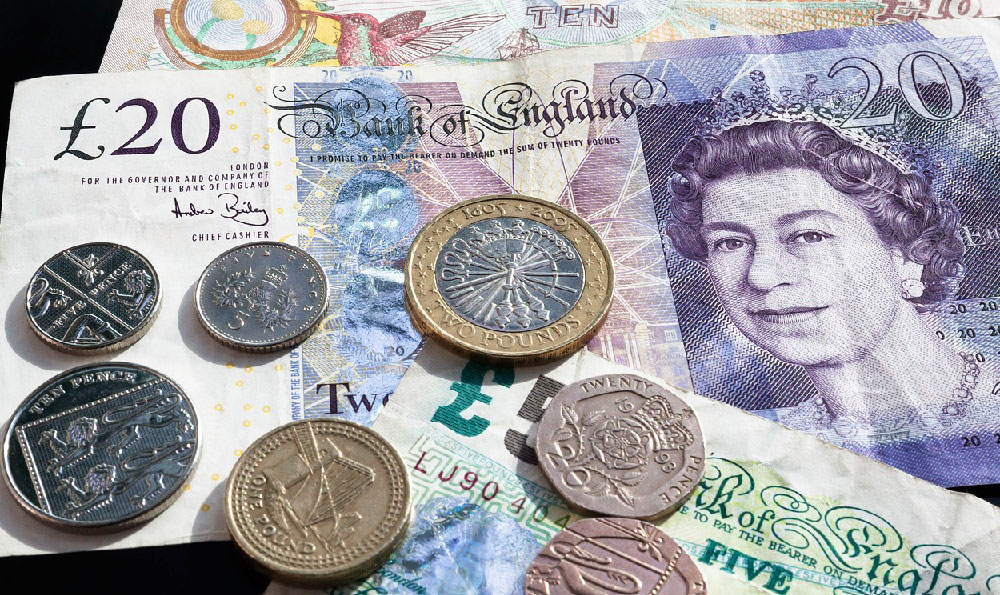Donald Trump's tenure as President of the United States, from 2017 to 2021, sparked intense scrutiny not only regarding his political actions but also concerning his financial dealings and potential conflicts of interest. Calculating his precise earnings during his presidency is complex and involves examining various sources, including his salary, business ventures, and potential losses or gains stemming from his policies. Furthermore, the ethical implications of his business interests while in office are a subject of ongoing debate.
As President, Trump was entitled to an annual salary of $400,000. However, he famously pledged to donate his salary to various government agencies throughout his term. While records indicate that some donations were made, the total amount and recipients varied each year. He donated to organizations like the National Park Service, the Department of Veterans Affairs, and the Small Business Administration. Whether these donations fully offset the salary he was entitled to remains a matter of public record analysis.
Beyond his presidential salary, Trump's primary financial interests lay in his extensive real estate empire, encompassing hotels, golf courses, resorts, and residential properties. The Trump Organization, which he continued to own during his presidency, generated revenue from these properties through various means, including room rentals, membership fees, and event bookings. The performance of these businesses during his presidency is crucial to understanding his overall earnings.

It's important to note that the Trump Organization's financial performance during his presidency was mixed. Some properties, particularly those located near Washington D.C., experienced increased revenue due to the influx of government officials and lobbyists. Other properties, however, may have suffered due to political boycotts or the general economic climate. Publicly available financial statements from the Trump Organization are limited, making precise figures difficult to obtain.
The COVID-19 pandemic significantly impacted the hospitality industry worldwide, and the Trump Organization was no exception. Travel restrictions and lockdowns led to a decline in occupancy rates at hotels and resorts, impacting revenue streams. Estimating the full financial impact of the pandemic on his businesses requires access to internal financial data, which is largely unavailable.
One potential source of financial gain, albeit indirect, stemmed from tax cuts enacted during his presidency. The Tax Cuts and Jobs Act of 2017 significantly reduced corporate income tax rates, potentially benefiting the Trump Organization and other businesses owned by the Trump family. The extent to which this tax reform increased the Trump Organization's profits is challenging to quantify without detailed financial records.
Turning to the ethical considerations, Trump's continued ownership of the Trump Organization while serving as President raised concerns about potential conflicts of interest. The Emoluments Clause of the U.S. Constitution prohibits government officials from receiving gifts or benefits from foreign governments. Critics argued that foreign governments booking rooms at Trump hotels or holding events at Trump properties could constitute a violation of this clause, as it could be seen as an attempt to curry favor with the President.
Several lawsuits were filed alleging violations of the Emoluments Clause, but none were ultimately successful. Courts often struggled to establish standing, meaning the plaintiffs could not demonstrate they had suffered direct harm as a result of the alleged violations. The legal complexities surrounding the Emoluments Clause and the unique circumstances of Trump's presidency made these cases difficult to resolve.
Another ethical concern centered on the potential for Trump's policies to benefit his own businesses. For example, decisions related to trade or environmental regulations could have had a direct impact on the value of his real estate holdings. Critics argued that Trump's business interests could have influenced his policy decisions, creating a conflict of interest.
Trump maintained that he had separated himself from the day-to-day operations of the Trump Organization and that his sons, Donald Trump Jr. and Eric Trump, were responsible for managing the company. However, he retained ownership of the company, and his name and brand remained prominently associated with it. This arrangement did little to quell concerns about potential conflicts of interest.
Furthermore, the lack of transparency surrounding the Trump Organization's finances made it difficult to assess the full extent of potential conflicts. Unlike previous presidents, Trump refused to release his tax returns, making it impossible to fully scrutinize his financial dealings. This lack of transparency fueled speculation and further eroded public trust.
In conclusion, determining the precise amount Trump earned during his presidency is a complex task due to the limited availability of financial data. While his presidential salary was a relatively small component of his overall wealth, his business ventures continued to generate revenue throughout his term. The COVID-19 pandemic undoubtedly impacted the financial performance of his businesses, but the full extent remains unknown. The ethical implications of his business interests while in office are undeniable, raising concerns about potential conflicts of interest and violations of the Emoluments Clause. The lack of transparency surrounding his finances further complicated the issue and fueled ongoing debate. The long-term impact of Trump's presidency on his personal wealth and the future of the Trump Organization remains to be seen. The ethical questions surrounding his business dealings while in office will likely continue to be debated for years to come, serving as a cautionary tale about the potential conflicts of interest that can arise when a wealthy businessman holds the highest office in the land.












